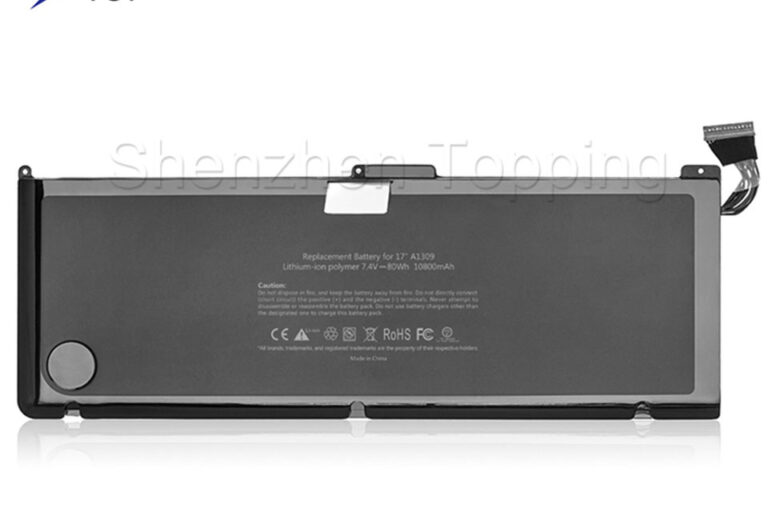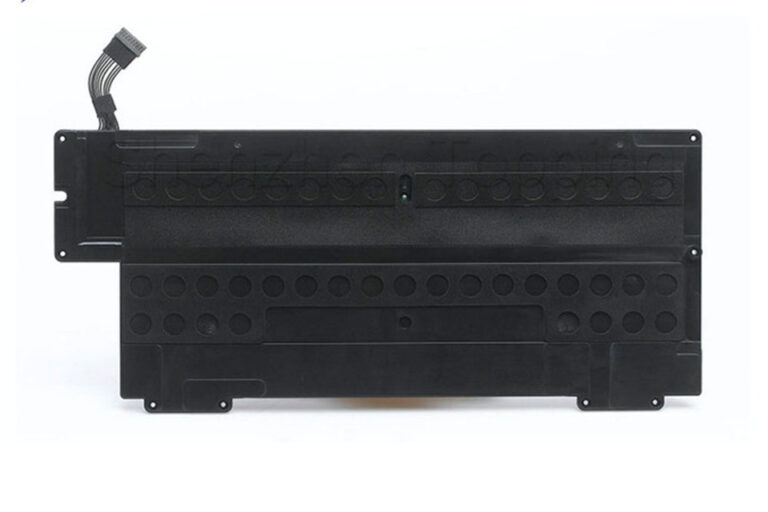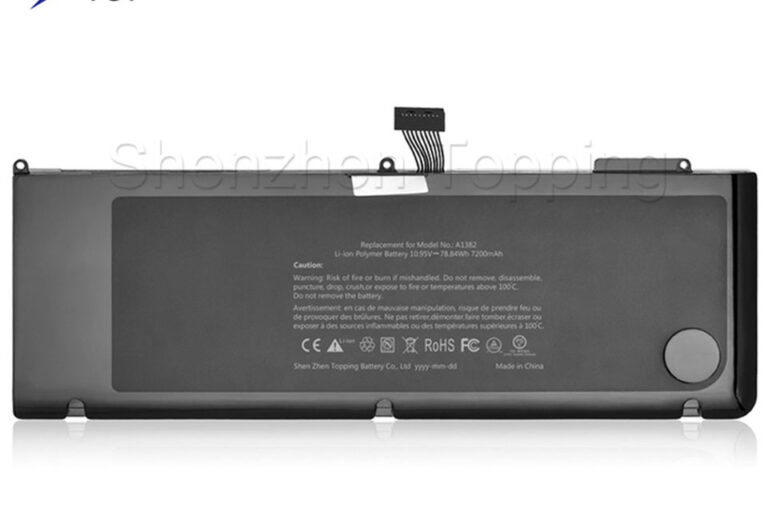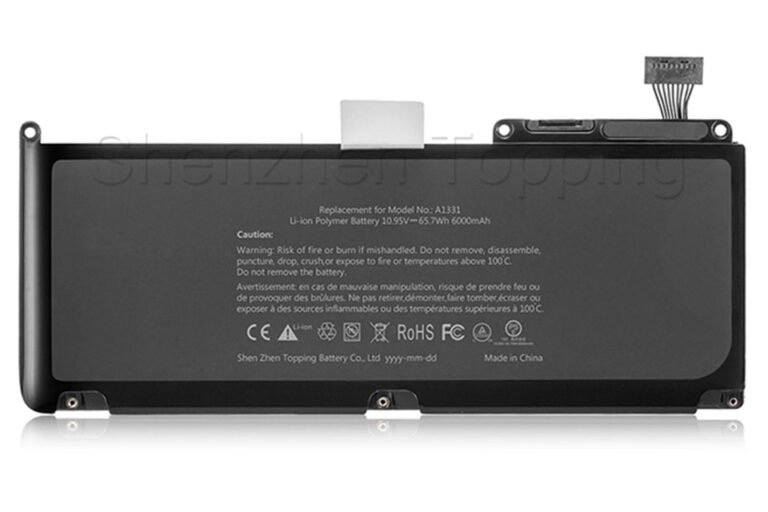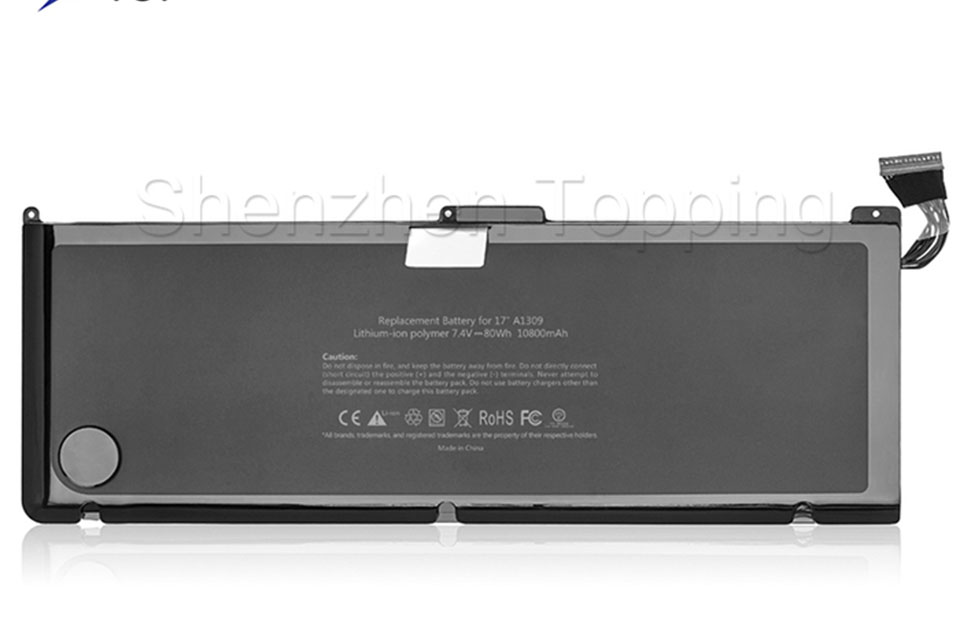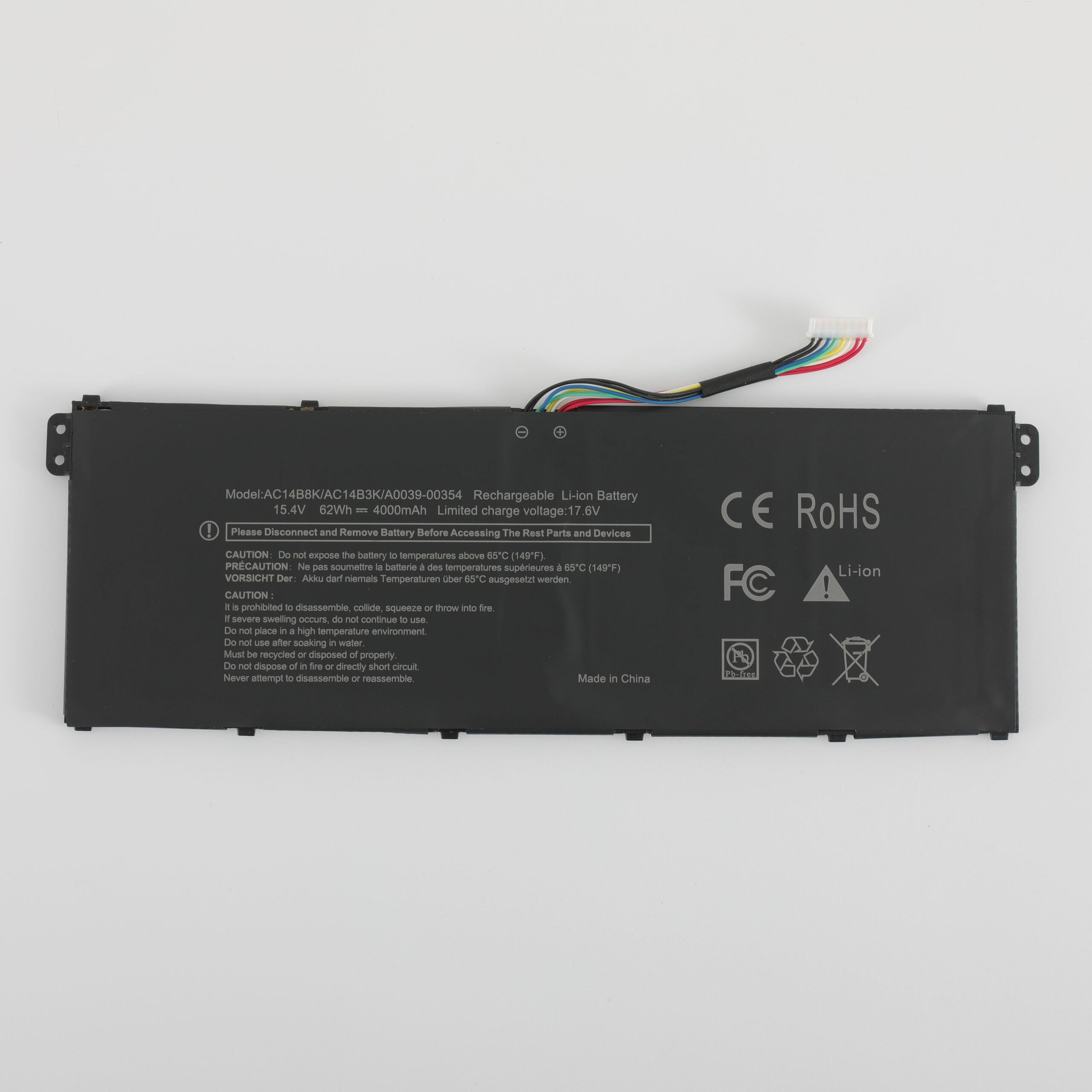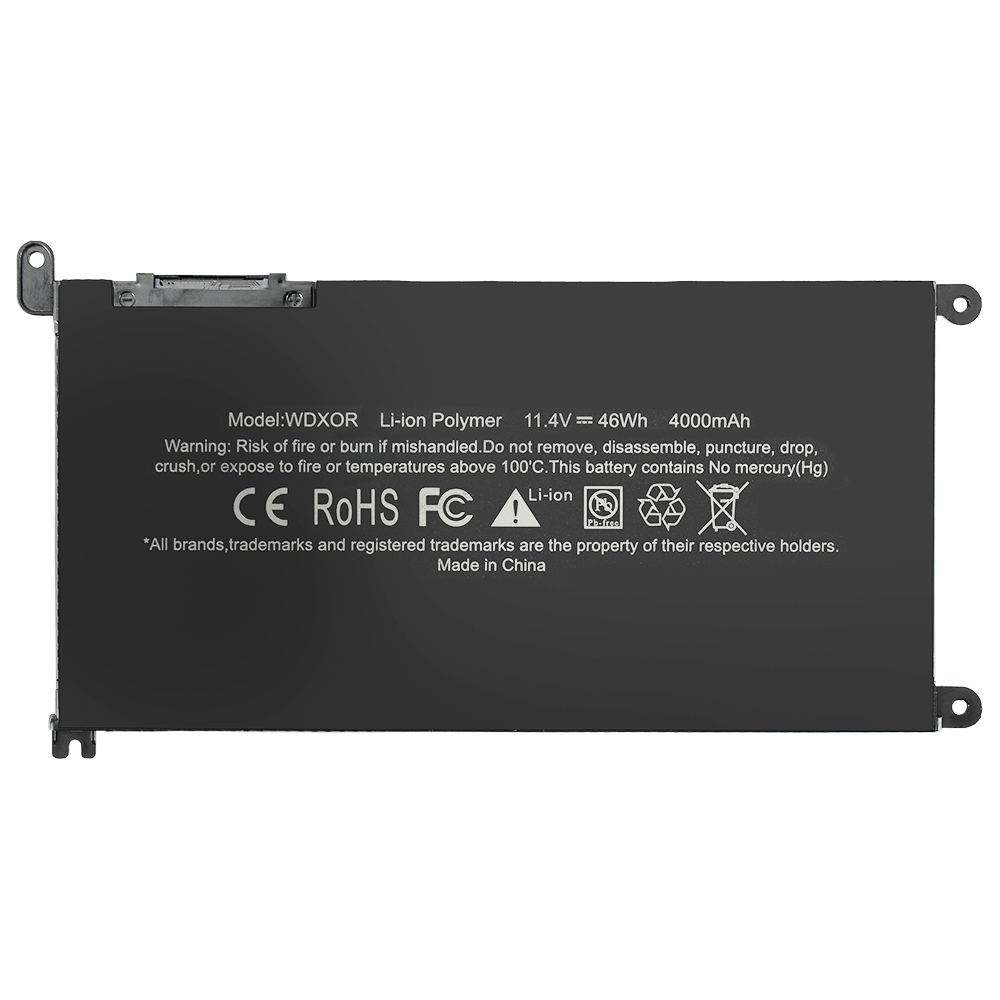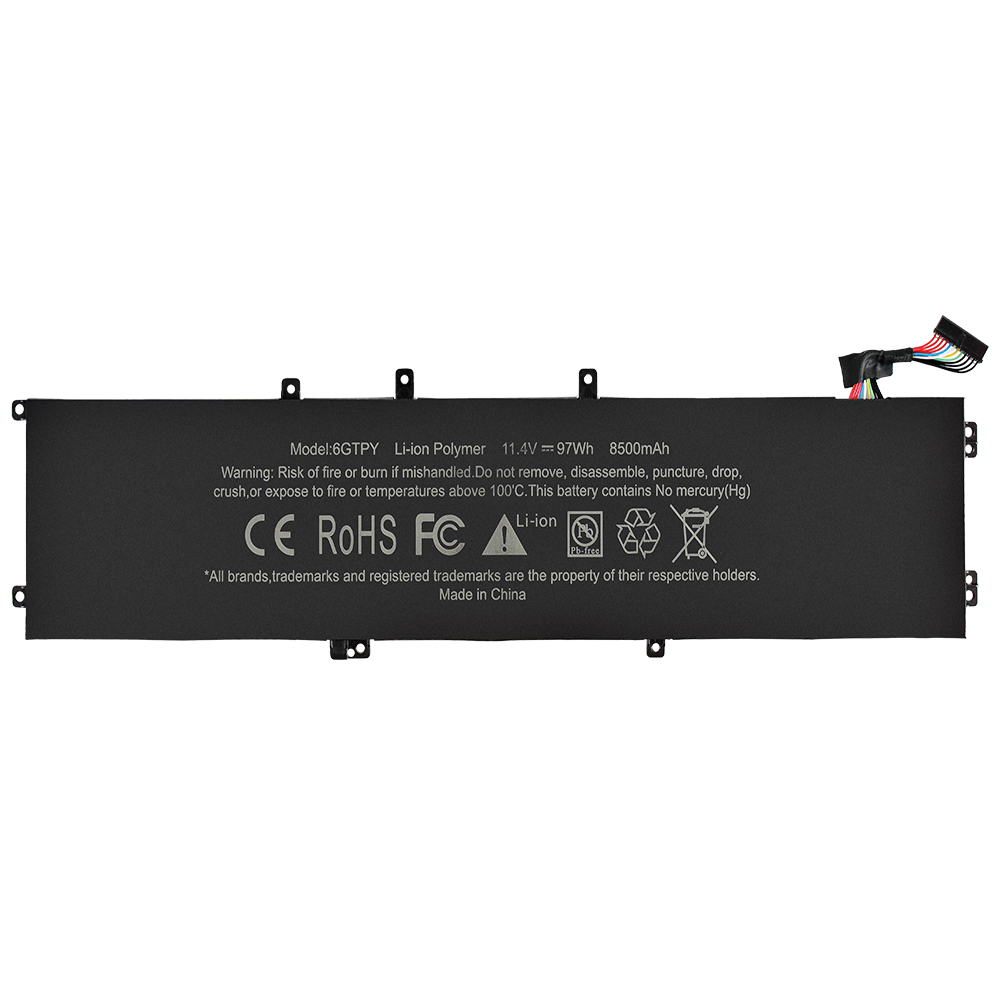-
Longshan 5th Rd, Xingsheng County,Longgang Street, Shenzhen
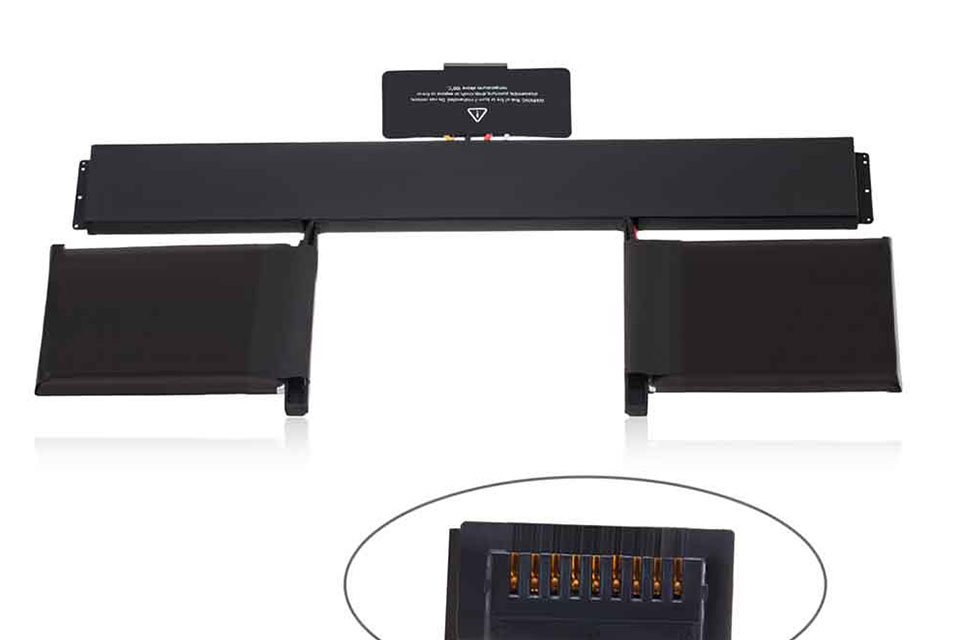
Should a laptop battery be plugged in all the time?
Do you maintain your laptop computer connected in all day? You may ask yourself if this is great or poor. This write-up will certainly inform you the realities concerning laptop computer battery wellness and what takes place when leaving laptop computer connected in at all times.
Table of Contents
Quick Solution
Leaving your laptop computer connected in all the moment can injure your battery in time. Warm and high voltage anxiety can make your battery destruction take place quicker. However contemporary laptop computers have Battery Administration Equipment (BMS) that aid secure them.
For ideal battery life expectancy, attempt to disconnect often and maintain your laptop computer cool.
Just How Laptop Computer Batteries Job
Many laptop computers today utilize lithium-ion batteries or lithium-polymer batteries These shop power for your laptop computer when not connected in.
What Makes Batteries Obtain Old:
- Warm – As well warm misbehaves for batteries
- High voltage – Remaining at 100% fee for very long times
- Fee cycles – Each time you bill and utilize the battery
Modern laptop computers have a BMS that aids manage billing. This quits some troubles however can not repair whatever.
Dangers of Leaving a Laptop Computer Connected In
When you maintain your laptop computer connected in all the moment, some poor points can take place:
Battery Worsens Faster
Research study reveals that continual billing makes batteries shed power quicker:
- ASUS discovered laptop computers left connected in 24/7 shed 25% ability in 18 months
- Laptops with partial billing maintained 90% ability in the exact same time
Warm Issues
Warm generation is extremely poor for batteries:
- Dell examinations reveal every 8-10 ° C increase increases battery aging
- Pc gaming laptop computers left connected in obtained much hotter and shed 35% ability in one year
High Voltage Anxiety
Maintaining your battery at 100% fee at all times:
- Makes chemicals inside break down quicker
- Produces 15-20% greater resistance inside the battery
Connected In Constantly? Battery Realities
Maintaining 100% fee accelerates wear (Voltage Stress and anxiety).
Warm from continuous billing speeds up destruction.
Restricting fee to ~ 80% can increase battery life expectancy.
Ability Loss Over 18 Months
Quick Tips for Better Battery Health And Wellness:
- Disconnect Often.
- Maintain it Trendy.
- Usage Original Battery Charger.
Ideal Practices for Battery Health And Wellness
To make your laptop computer battery last much longer:
1. Do Not Constantly Remain At 100%
Usage devices to restrict crediting 80%:
- Numerous laptop computers currently have billing limits you can establish
- Individuals that restrict to 80% record 50% longer battery life
2. Take Care Of Warm
Maintain your laptop computer cool:
- Usage on tough surface areas for much better air movement
- Stay clear of obstructing air vents
- Do not utilize on soft points like beds or cushions
For video gaming laptop computers with high power usage, air conditioning is much more vital. A high-capacity replacement battery for gaming laptops can aid when your initial battery breaks from warm anxiety.
3. Utilize the Right Battery Charger
Constantly usage OEM battery chargers or top quality substitutes:
- Incorrect battery chargers might not have correct voltage guideline
- Negative battery chargers can trigger getting too hot
4. Adjust In Some Cases
Every couple of months, allow your battery diminish to around 20% after that bill it back up. This aids the battery wellness metrics remain right.
If your battery demands calibration usually, it could be time for a reliable laptop battery replacement
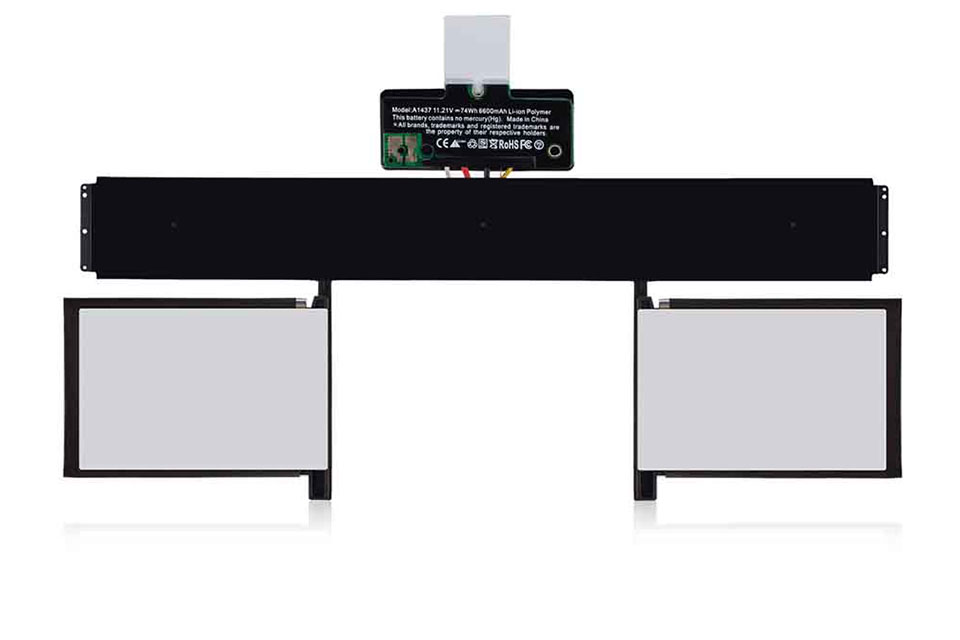
When It's Okay to Leave Connected
Long times when continual billing is great:
- Brief durations - Simply over night is not a trouble
- When doing huge jobs - Like video clip editing and enhancing or video gaming
- If you have battery conservation setups activated
If you usually utilize your laptop computer for requiring job, check out high-performance laptop batteries created for hefty usage.
Devices to Aid Your Battery
Numerous laptop computers currently have battery wellness software program:
- macOS Battery Health And Wellness Administration - Restrictions crediting secure the battery
- Windows Battery Record - Reveals battery problem
- Supplier devices - Like Lenovo Vantage or ASUS Battery Health And Wellness Charging
Battery Health And Wellness Information Table
This table reveals what takes place to batteries with various billing routines:
| What Was Examined | Battery Life Influence | Trick Searching For |
|---|---|---|
| Crediting 100% vs. 80% | 2x quicker put on at 100% | Batteries last two times as long when not maintained completely billed |
| Making use of Apple's Battery Security | 20-30% slower ability loss | Software application that restricts billing aids a whole lot |
| Warm Impacts | Every 8-10 ° C increases aging | Cooler laptop computers have a lot longer battery life |
| Constantly Connected In vs. Partial | 25% vs. 10% ability loss in 18 months | Disconnecting often maintains batteries much healthier |
| Pc Gaming While Billing | 35% ability loss in 1 year | Hefty usage + charging = fastest battery wear |
| 80% Billing Limitation Equipment | 50% longer life expectancy | Making use of software program devices to restrict fee aids most |
| Heat + Constantly Connected | 40% ability loss annually | Warm settings + billing is worst for batteries |
| Substitute Price | $ 100-$ 200 standard | Negative routines cause even more constant substitutes |
Typical Inquiries
Does unplugging right after charging help?
Yes. Once your laptop is charged to about 80%, unplugging helps reduce u003cstrongu003evoltage stressu003c/strongu003e.
How often should I fully drain my battery?
Not often. Full u003cstrongu003edischarge cyclesu003c/strongu003e are hard on modern batteries. Just let it drop to 20-30% sometimes.
Can I replace a worn-out battery?
Yes! Most laptop batteries can be replaced. For example, if you have a Dell laptop, a u003ca href=u0022https://laptopbatteriesfactory.com/9njm1-laptop-battery-for-dell-alienware-15-r3-17-r4-11-4v-8680mah/u0022 target=u0022_blanku0022 rel=u0022noreferrer noopeneru0022u003equality Dell replacement batteryu003c/au003e can restore your u003cstrongu003ebattery performanceu003c/strongu003e.
Profits
While contemporary laptop computers are much safer to leave connected in, the most effective method to maintain your battery life expectancy lengthy is:
- Usage billing limits ( 80% is ideal)
- Maintain your laptop computer cool
- Unplug often
- Utilize the ideal battery charger
By dealing with your battery, you can stay clear of very early battery destruction and conserve cash on substitutes.
Intend to find out more concerning selecting the ideal substitute battery? Take a look at our overview on choosing the right MacBook battery capacity for your demands.

